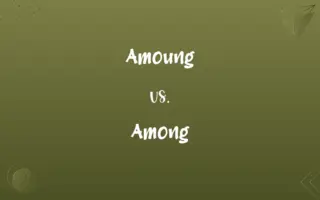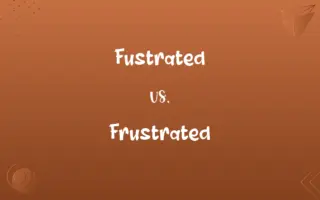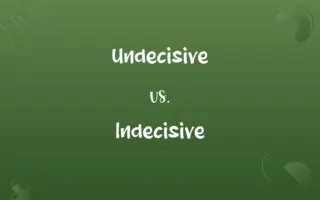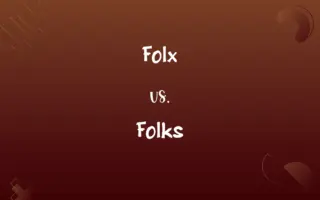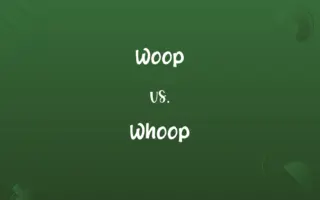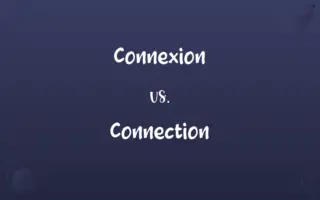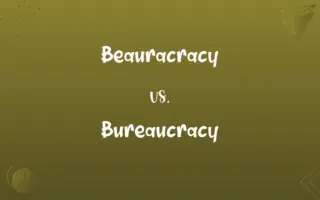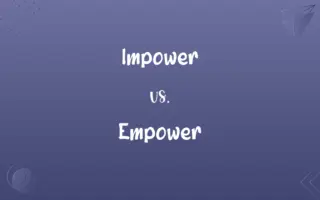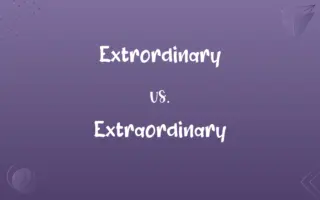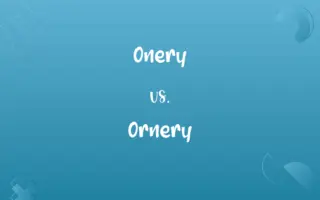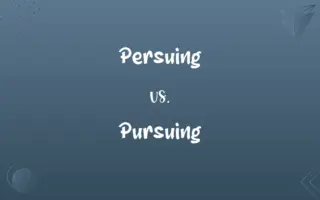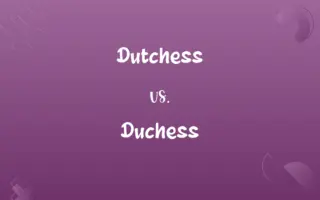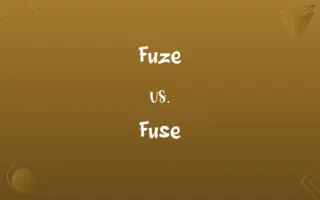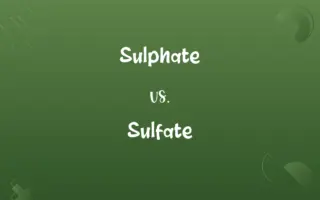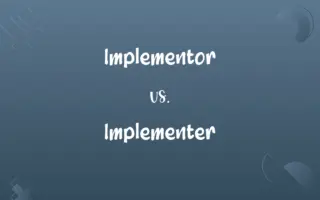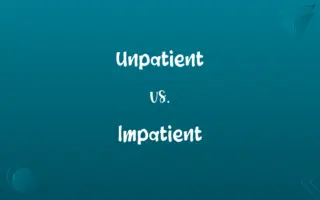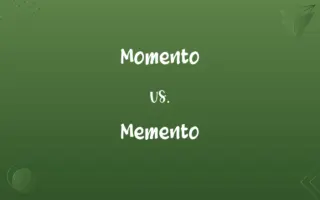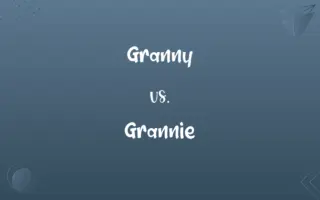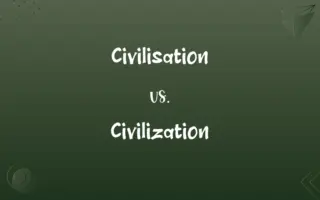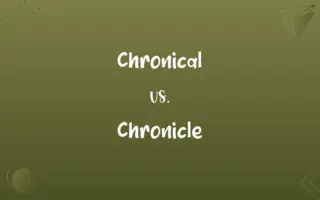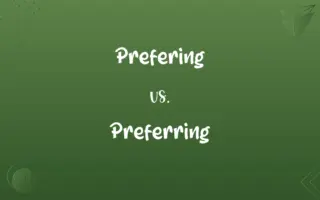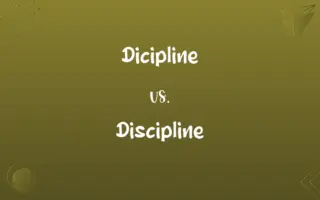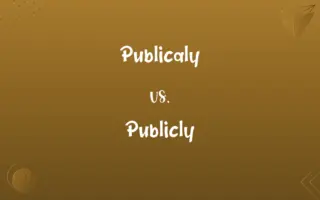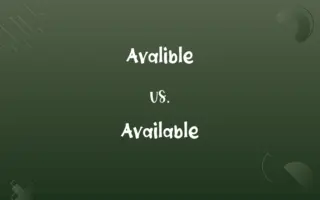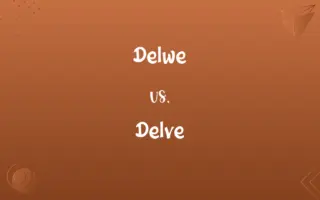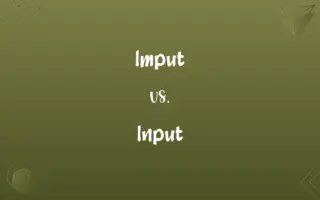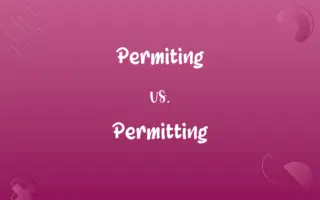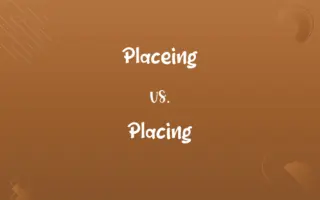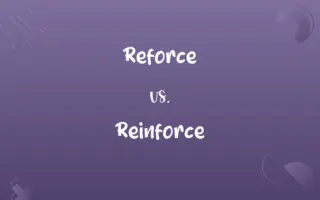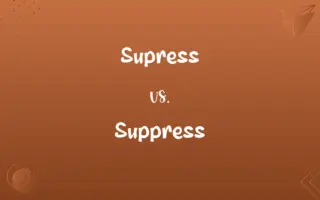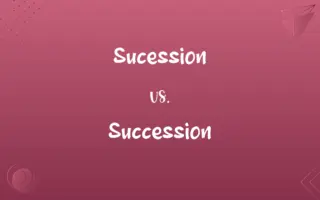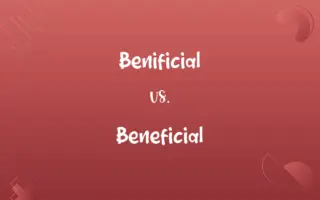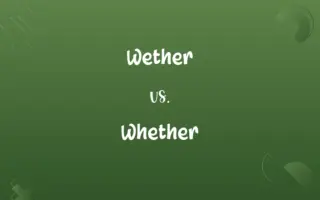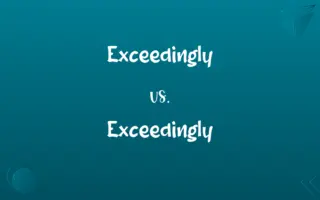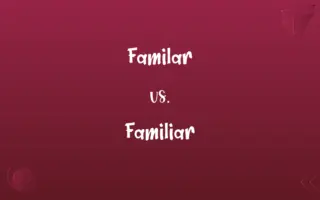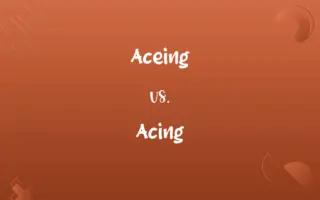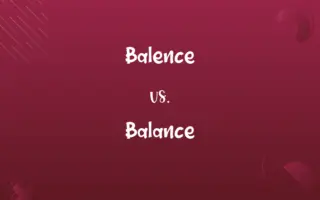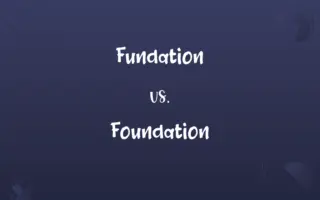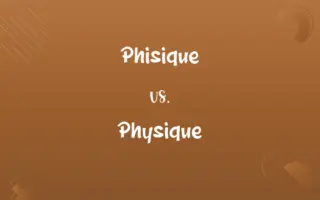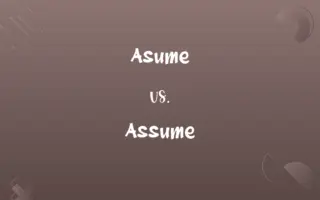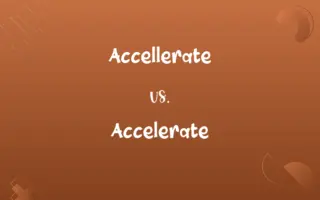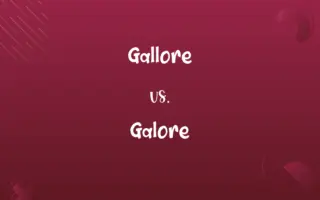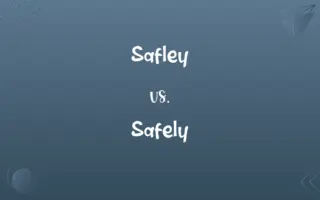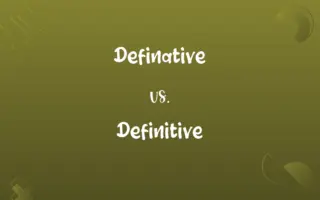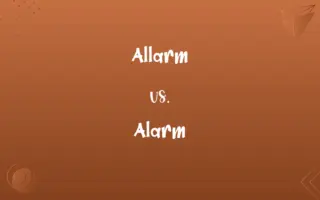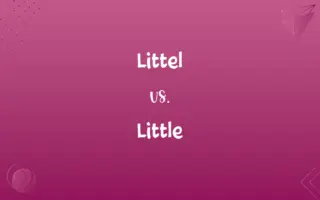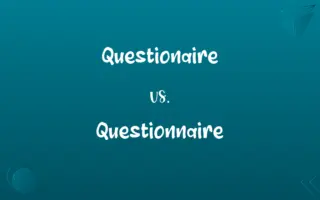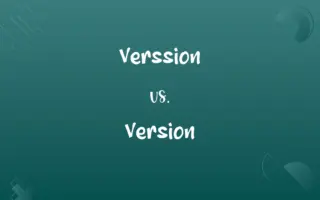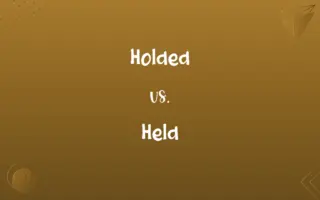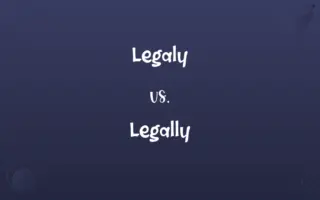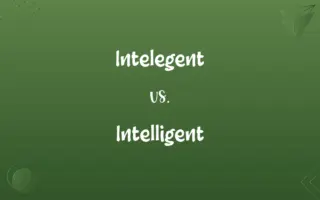Alledge vs. Allege: Decoding the Right Spelling

By Shumaila Saeed || Updated on December 25, 2023
"Alledge is an incorrect spelling, while Allege is correct; to allege means to assert without proof or before proving."
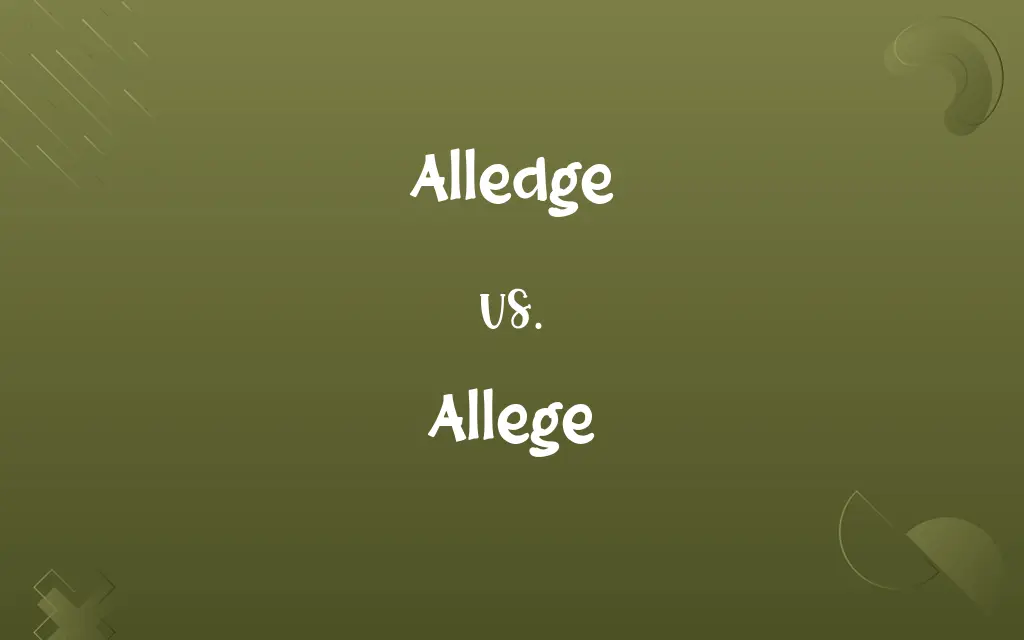
Which is correct: Alledge or Allege
How to spell Allege?

Alledge is Incorrect

Allege is Correct
How to remember correct spelling of Allege?
Visualize 'Allege' as a combination of 'Ally' and 'Edge', emphasizing the absence of the 'd'.
Shumaila Saeed
Dec 23, 2023
Think of 'Allege' as 'All' + 'ege', focusing on the double 'l' followed by 'ege' without the 'd'.
Shumaila Saeed
Dec 23, 2023
Remember, 'Allege' has the same number of letters as 'assert', which it also means.
Shumaila Saeed
Dec 23, 2023
Use the mnemonic: "A Lawyer Legally Engages" to recall 'Allege' without the 'd'.
Shumaila Saeed
Dec 23, 2023
Associate 'Allege' with 'Edge'; both have a sharp, concise ending without a 'd'.
Shumaila Saeed
Dec 23, 2023
Allege Definitions
Allege can mean to accuse someone of wrongdoing without definitive proof.
He alleged his colleague of stealing the idea.
Shumaila Saeed
Dec 14, 2023
To allege means to claim or assert something is true without providing evidence.
The defendant was alleged to have committed fraud.
Shumaila Saeed
Dec 14, 2023
To allege is to state something as a fact but without formal proof.
The journalist alleged corruption in the government.
Shumaila Saeed
Dec 14, 2023
Allege may refer to the formal assertion in a legal context, often without immediate evidence.
The plaintiff alleged negligence in the lawsuit.
Shumaila Saeed
Dec 14, 2023
In a broader sense, to allege is to put forward a theory or argument.
Scientists alleged a new theory in quantum physics.
Shumaila Saeed
Dec 14, 2023
To assert prior to a final determination
The indictment alleges that the commissioner took bribes.
Shumaila Saeed
Oct 19, 2023
To state (a plea or excuse, for example) in support or denial of a claim or accusation
The defendant alleges temporary insanity.
Shumaila Saeed
Oct 19, 2023
(Archaic) To bring forward as an authority.
Shumaila Saeed
Oct 19, 2023
To state under oath, to plead.
Shumaila Saeed
Oct 19, 2023
(archaic) To cite or quote an author or his work for or against.
Shumaila Saeed
Oct 19, 2023
(transitive) To adduce (something) as a reason, excuse, support etc.
Shumaila Saeed
Oct 19, 2023
(transitive) To make a claim as justification or proof; to make an assertion without proof.
The agency alleged that my credit history had problems.
Shumaila Saeed
Oct 19, 2023
(obsolete) To lighten, diminish.
Shumaila Saeed
Oct 19, 2023
To bring forward with positiveness; to declare; to affirm; to assert; as, to allege a fact.
Shumaila Saeed
Oct 19, 2023
To cite or quote; as, to allege the authority of a judge.
Shumaila Saeed
Oct 19, 2023
To produce or urge as a reason, plea, or excuse; as, he refused to lend, alleging a resolution against lending.
Shumaila Saeed
Oct 19, 2023
To alleviate; to lighten, as a burden or a trouble.
Shumaila Saeed
Oct 19, 2023
Report or maintain;
He alleged that he was the victim of a crime
He said it was too late to intervene in the war
The registrar says that I owe the school money
Shumaila Saeed
Oct 19, 2023
Repeatedly Asked Queries
How can one use 'Allege' in a sentence?
'Allege' can be used like this: "The article alleged misconduct by the official."
Shumaila Saeed
Dec 23, 2023
What is the origin of the word 'Allege'?
'Allege' originates from the Latin word 'allegare', meaning to send or to assert.
Shumaila Saeed
Dec 23, 2023
What is the correct spelling: 'Alledge' or 'Allege'?
The correct spelling is 'Allege'. 'Alledge' is a common misspelling.
Shumaila Saeed
Dec 23, 2023
Why do people often misspell 'Allege' as 'Alledge'?
'Allege' is often misspelled as 'Alledge' due to the similar pronunciation and a common mistake of adding an extra 'd'.
Shumaila Saeed
Dec 23, 2023
What part of speech is 'Allege'?
'Allege' is a verb, used to describe the action of asserting or claiming something.
Shumaila Saeed
Dec 23, 2023
Is 'Alledge' recognized in any English dictionaries?
No, 'Alledge' is not recognized as a correct spelling in standard English dictionaries.
Shumaila Saeed
Dec 23, 2023
Why is spelling 'Allege' correctly important?
Correct spelling of 'Allege' is crucial for accurate communication, especially in legal and formal documents.
Shumaila Saeed
Dec 23, 2023
Does 'Allege' always involve legal accusations?
No, while often used in legal contexts, 'Allege' can also refer to claims or assertions in general situations.
Shumaila Saeed
Dec 23, 2023
Can 'Allege' be used in various contexts?
Yes, 'Allege' can be used in legal, journalistic, and everyday conversational contexts.
Shumaila Saeed
Dec 23, 2023
What is a common context for using 'Allege'?
A common context for using 'Allege' is in news reporting, where journalists convey claims or assertions made by others, usually without providing proof themselves.
Shumaila Saeed
Dec 23, 2023
Are there any synonyms for 'Allege'?
Yes, synonyms for 'Allege' include assert, claim, declare, and accuse.
Shumaila Saeed
Dec 23, 2023
Is 'Allege' commonly misused in English?
'Allege' can be misused when people assert claims as factual without clarifying the lack of proof, which is essential to its correct use.
Shumaila Saeed
Dec 23, 2023
How does 'Allege' differ in British and American English?
The spelling 'Allege' is the same in both British and American English, but pronunciation can slightly differ.
Shumaila Saeed
Dec 23, 2023
Are the words 'Allege' and 'Accuse' interchangeable?
'Allege' and 'Accuse' are similar, but 'allege' often implies a formal statement, especially in legal contexts, whereas 'accuse' is more direct and personal.
Shumaila Saeed
Dec 23, 2023
How does one ensure the correct usage of 'Allege'?
To ensure correct usage, use 'Allege' when referring to an assertion made without providing proof, especially in formal or legal contexts.
Shumaila Saeed
Dec 23, 2023
Share this page
Link for your blog / website
HTML
Link to share via messenger
About Author
Written by
Shumaila SaeedShumaila Saeed, an expert content creator with 6 years of experience, specializes in distilling complex topics into easily digestible comparisons, shining a light on the nuances that both inform and educate readers with clarity and accuracy.
